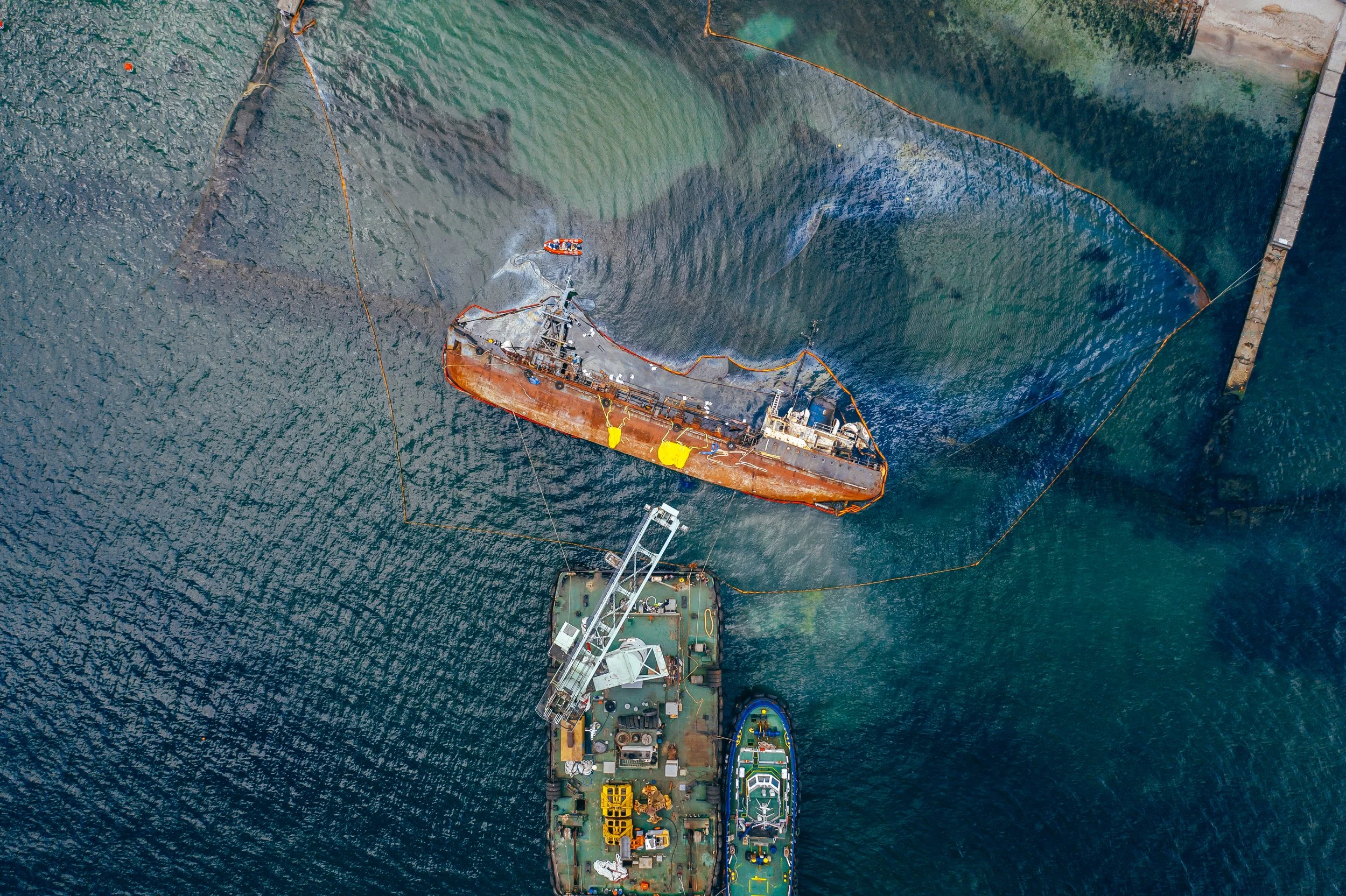Africa’s Oil and Gas Journey:Promise, Challenges, and the Quest for Sustainable Growth
In the early 20th century, oil and gas exploration began in Africa, with countries like Nigeria, Ghana, and Uganda seeing their first wells drilled by international companies. The discovery of oil in Nigeria’s Oloibiri in 1956 marked a turning point, transforming the country into one of the world’s top producers and attracting major multinational oil companies. Oil production brought hopes of economic growth, job creation, and improved infrastructure, but the reality has been more complex for many African nations.
The benefits of oil wealth have often failed to reach local communities, with profits largely serving global markets and multinational corporations rather than driving widespread development. Environmental damage, such as oil spills and pollution, has severely impacted ecosystems and the livelihoods of people living in oil- rich regions like the Niger Delta, threatening food security and public health. Political instability, corruption, and violent conflict have been exacerbated by the influx of oil money, a phenomenon known as the “resource curse”.
In recent years, West African producers like Nigeria and Angola have faced challenges such as oil theft, under-investment, and competition from new oil frontiers, making it difficult to meet ambitious production targets.

